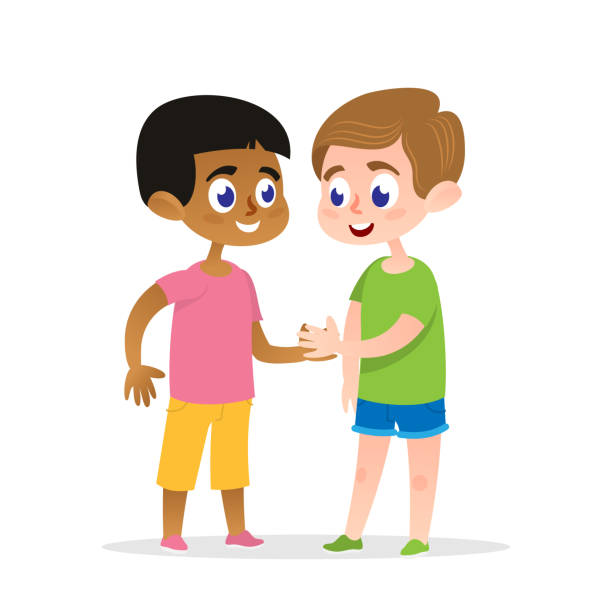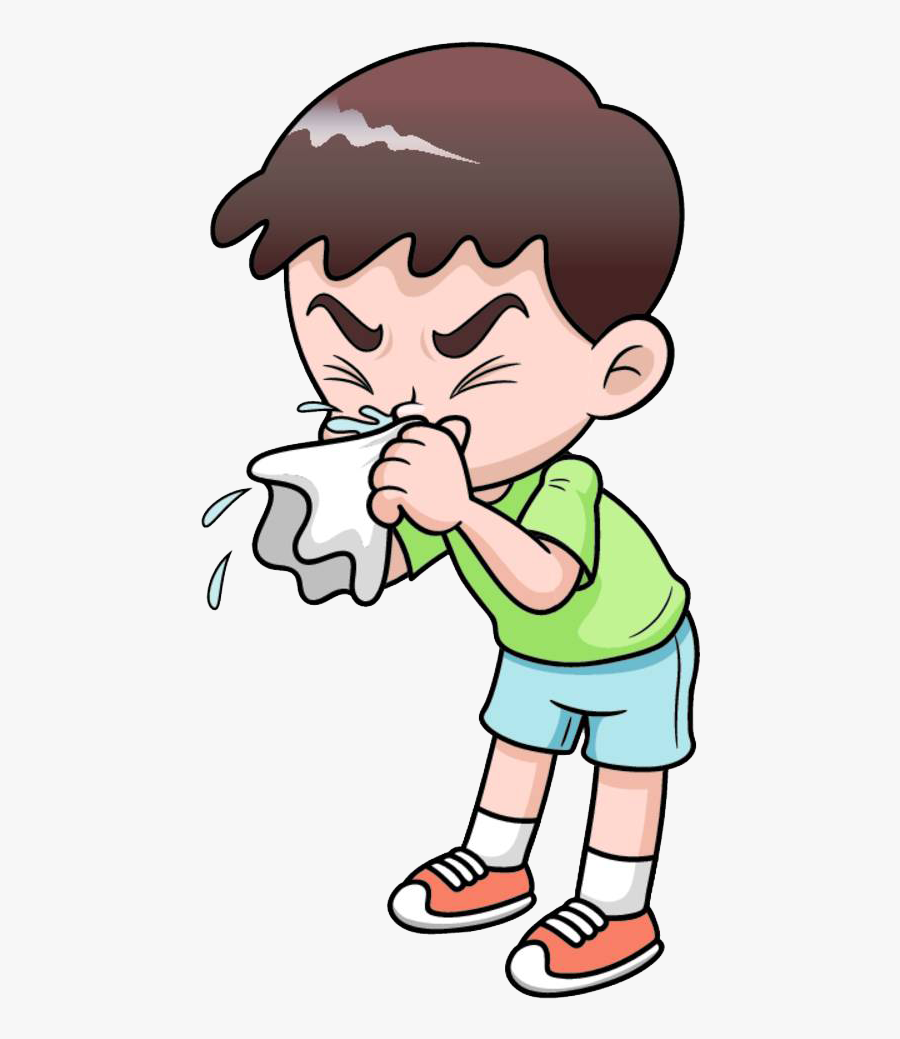Current Studies
Our research studies are designed for young children, which are non-evaluative and
game-like. These usually involve simple tasks, such as pointing or labeling. Some
of the ones we are currently working on are:
 Origins
Origins
This examines 3- to 5-year-olds’ knowledge on the origins of familiar and unfamiliar
natural and processed foods, non-food natural items and artifacts. We ask whether
each item was grown in a garden or made in a factory. A follow up study will determine
whether the origins of foods influence how we think about its nutrition (e.g., is
a food that is grown in a garden healthy or unhealthy).
 Social Dilemmas
Social Dilemmas
We’re trying to determine if 4th graders’ (8- to 10-year-olds) right or wrong judgments of others’ behaviors shift
based on the community’s agreement or disagreement of them. In this case, some children
hear about unconventional behaviors that occur in a local community and some children
hear about these same behaviors, but occurring in a place where it’s considered normal.
 Ownership from Collaborations
Ownership from Collaborations
We’re investigating whether 4- to 7-year-olds pay attention to the quality of ideas
when two people collaborate on a project. Children watch short videos of two people
working on a project whose ideas provide differing values towards the final creation
and are asked to select a single owner.
 Illness and Contagion
Illness and Contagion
Currently, there are close to 489 million confirmed cases of coronavirus and 79 million
of which are in the United States (World Health Organization [WHO], 4/2022). The consequences
have been devastating across almost every aspect of life, including increases in economic
loss, online instruction, isolation, domestic and child abuse, mental health disease,
poverty, food insecurity, addiction, homelessness and loss of life from both coronavirus
and non-coronavirus diseases (e.g., heart disease). To examine this powerful environmental influence, we will include examples of coronavirus
and a contagious non-coronavirus illness, as well as a non-contagious illness for
comparison. This pandemic has also exposed deep inequities with higher rates of both
infection and death in minorities and in low income areas. It is critical to determine
whether these factors influence children’s understanding of the infection and spread
of coronavirus. Samples will, therefore, include those from low-income areas and encompass
diverse ethnic and race backgrounds. Lastly, we will investigate whether young children
use social categories, such as race, gender and ethnicity, to determine contamination
or infection of coronavirus.
Selected Studies
Girgis, H.& Behrend, D. (2024) The role of sharing and information type in children’s categorization
of privileged and conventional information. Cognitive Development, 70, 101420.
Behrend, D., Girgis, H. & Stevens, R. (2024). On a need-to-know basis: Young children
distinguish conventional and privileged information. British Journal of Developmental Psychology, 42(2), 166-176.
Girgis, H. & Nguyen, S.P. (2020). Grown or made? Children's determination of the origins
of natural versus processed foods, Cognitive Development, 56, 100887.
Nguyen, S. P., Girgis, H., & Knopp, J. (2019). A ladybug bear can fly and climb trees:
Children prefer conjunctions of labels and properties for cross-classifiable toys, Infant and Child Development.
Girgis, H. & Nguyen, S. P. (2018). Shape or substance? Children’s strategy when labeling
a food and its healthfulness, Cognitive Development, 48, 289-301.
 Origins
Origins  Social Dilemmas
Social Dilemmas  Ownership from Collaborations
Ownership from Collaborations  Illness and Contagion
Illness and Contagion 

